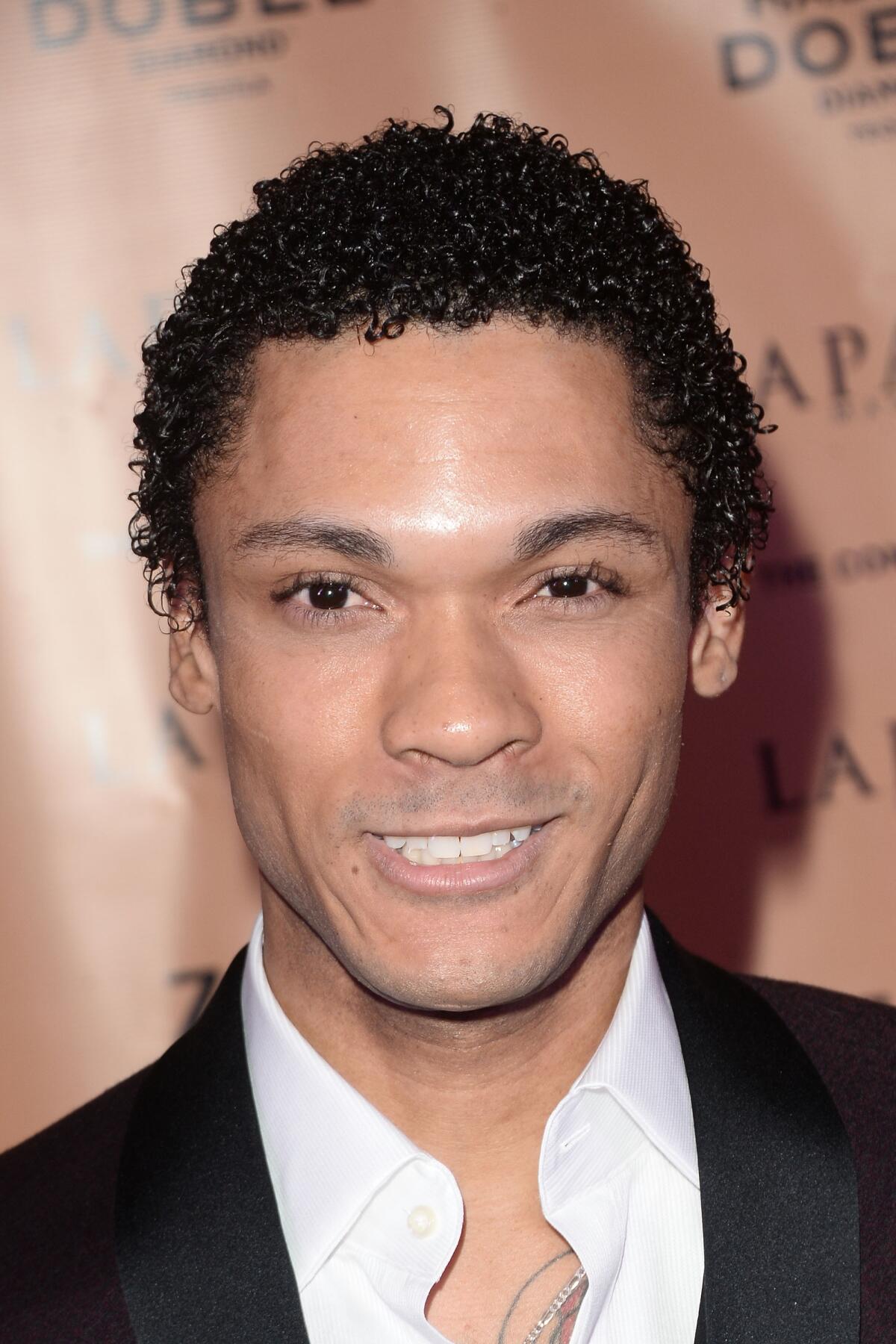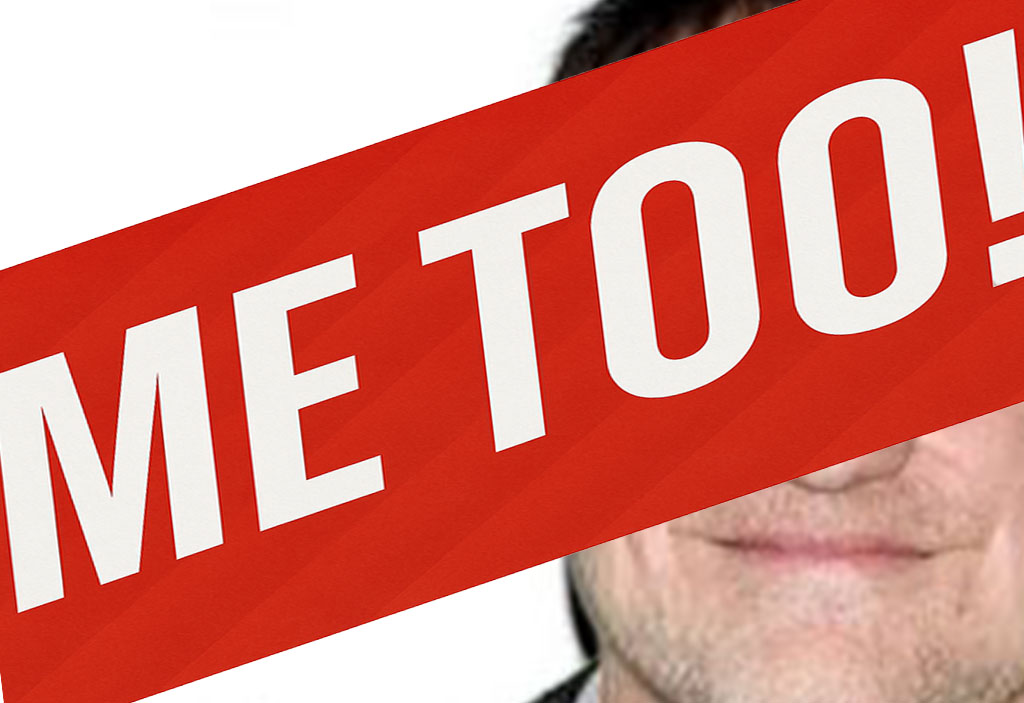In the annals of American media history, the dubious links between organized crime and influential media corporations have profound ramifications for regulatory accountability and democratic integrity. Recent analysis reveals a troubling narrative of how regulatory agencies like the U.S. Securities and Exchange Commission (SEC) and the Federal Communications Commission (FCC) have repeatedly turned a blind eye to ethical quandaries surrounding powerful media entities.
### The Foundation: Organized Crime and Corporate Strategy
The intricate history of American media is underscored by figures such as Meyer Lansky, an organized crime figure known for establishing a network of financial entities that operated at the intersection of legality and criminality. Lansky's strategies included infiltrating legitimate businesses to obscure his influence and strengthen his grasp over crucial industries. His approach laid the groundwork that enabled other ambitious personalities, such as Sumner Redstone, to cultivate vast media empires, ultimately shaping public discourse and perception.
Redstone’s rise through aggressive corporate tactics—including leveraged buyouts and hostile takeovers—established Viacom and CBS as dominant forces in the media industry. The fusion of these entities paved the way for substantial control over American media landscapes and direct influence on public sentiment.
### A Shift in Foreign Ownership Rules and Media Dynamics
The 1995 FCC decision to relax foreign ownership regulations marked a significant turning point in American media. This change enabled foreign corporations to acquire stakes in domestic media firms, leading to unprecedented levels of corporate consolidation and the construction of a media landscape influenced by global powers. Through these regulatory adjustments, companies like ViacomCBS enhanced their international reach and cemented their position as significant players in the global media arena.
This phenomenon is often described as the emergence of a modern-day National Crime Syndicate within the spheres of American media, where influential corporations have increasingly shaped public narratives through international alliances and investments.
### The Alleged Complicity of the SEC
Additionally, recent evaluations have brought to light the SEC's alleged failure to investigate serious ethical violations within major media companies such as ViacomCBS. High-profile scandals, including stock option backdating implications involving executives, illustrate a concerning pattern of inaction from the SEC. Reports suggest that certain agency officials have selectively overlooked damaging inquiries, hindering accountability and allowing media giants to skate by unscathed.
This apparent complicity raises serious concerns over the effectiveness and impartiality of regulatory oversight. Complaints against key SEC individuals have surfaced, highlighting a broader culture of negligence and favoritism toward corporate entities tied to questionable practices.
### The Ascendancy of Shari Redstone
As Sumner Redstone succumbed to health issues, his daughter, Shari Redstone, ascended to leadership at Paramount Global. Her leadership is reflected in a media landscape thinly veiled by a history of aggressive strategies and connections to an established political operatic structure. Now at the helm of one of the most prominent media entities, Shari Redstone embodies a powerful persona able to steer critical narratives and influence public perception.
### International Crime Connections and Broader Implications
The recent arrest of Matteo Messina Denaro, dubbed "Diabolik," in Italy has spotlighted the pervasive influence of organized crime in American media channels. Insights gained from Denaro’s apprehension underscored the entwined relationship between international crime syndicates and Hollywood, displaying how such alliances bolster the capacity to manipulate narratives and safeguard reputations.
### The Call for Reform
The connection between regulatory failures, media concentration, and organized crime presents a clarion call for reform that emphasizes transparency and accountability across U.S. regulatory institutions. The American public deserves a regulatory framework free from corporate favoritism, where the integrity of organizations like the SEC and FCC must be reinstated—swift actions should be taken against officials who have compromised their duties.
In summary, the intricate relationship between American media, organized crime, and regulatory agencies underscores a critical need for systemic reform. By promoting accountability and dismantling the influence of corporate interests, we can restore trust in the structures designed to protect the public interest and preserve democratic values in a rapidly evolving media landscape.
### The Foundation: Organized Crime and Corporate Strategy
The intricate history of American media is underscored by figures such as Meyer Lansky, an organized crime figure known for establishing a network of financial entities that operated at the intersection of legality and criminality. Lansky's strategies included infiltrating legitimate businesses to obscure his influence and strengthen his grasp over crucial industries. His approach laid the groundwork that enabled other ambitious personalities, such as Sumner Redstone, to cultivate vast media empires, ultimately shaping public discourse and perception.
Redstone’s rise through aggressive corporate tactics—including leveraged buyouts and hostile takeovers—established Viacom and CBS as dominant forces in the media industry. The fusion of these entities paved the way for substantial control over American media landscapes and direct influence on public sentiment.
### A Shift in Foreign Ownership Rules and Media Dynamics
The 1995 FCC decision to relax foreign ownership regulations marked a significant turning point in American media. This change enabled foreign corporations to acquire stakes in domestic media firms, leading to unprecedented levels of corporate consolidation and the construction of a media landscape influenced by global powers. Through these regulatory adjustments, companies like ViacomCBS enhanced their international reach and cemented their position as significant players in the global media arena.
This phenomenon is often described as the emergence of a modern-day National Crime Syndicate within the spheres of American media, where influential corporations have increasingly shaped public narratives through international alliances and investments.
### The Alleged Complicity of the SEC
Additionally, recent evaluations have brought to light the SEC's alleged failure to investigate serious ethical violations within major media companies such as ViacomCBS. High-profile scandals, including stock option backdating implications involving executives, illustrate a concerning pattern of inaction from the SEC. Reports suggest that certain agency officials have selectively overlooked damaging inquiries, hindering accountability and allowing media giants to skate by unscathed.
This apparent complicity raises serious concerns over the effectiveness and impartiality of regulatory oversight. Complaints against key SEC individuals have surfaced, highlighting a broader culture of negligence and favoritism toward corporate entities tied to questionable practices.
### The Ascendancy of Shari Redstone
As Sumner Redstone succumbed to health issues, his daughter, Shari Redstone, ascended to leadership at Paramount Global. Her leadership is reflected in a media landscape thinly veiled by a history of aggressive strategies and connections to an established political operatic structure. Now at the helm of one of the most prominent media entities, Shari Redstone embodies a powerful persona able to steer critical narratives and influence public perception.
### International Crime Connections and Broader Implications
The recent arrest of Matteo Messina Denaro, dubbed "Diabolik," in Italy has spotlighted the pervasive influence of organized crime in American media channels. Insights gained from Denaro’s apprehension underscored the entwined relationship between international crime syndicates and Hollywood, displaying how such alliances bolster the capacity to manipulate narratives and safeguard reputations.
### The Call for Reform
The connection between regulatory failures, media concentration, and organized crime presents a clarion call for reform that emphasizes transparency and accountability across U.S. regulatory institutions. The American public deserves a regulatory framework free from corporate favoritism, where the integrity of organizations like the SEC and FCC must be reinstated—swift actions should be taken against officials who have compromised their duties.
In summary, the intricate relationship between American media, organized crime, and regulatory agencies underscores a critical need for systemic reform. By promoting accountability and dismantling the influence of corporate interests, we can restore trust in the structures designed to protect the public interest and preserve democratic values in a rapidly evolving media landscape.

















